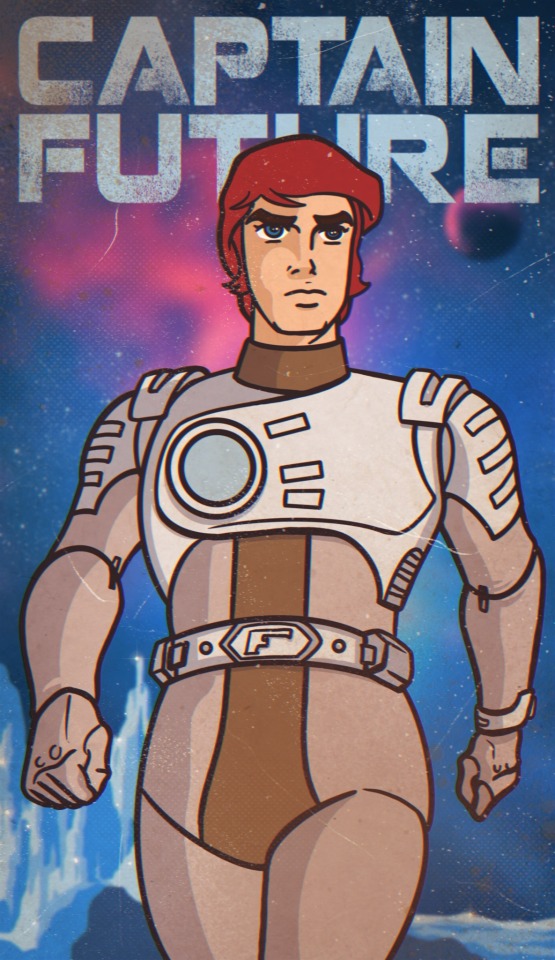#Science Fiction
Text
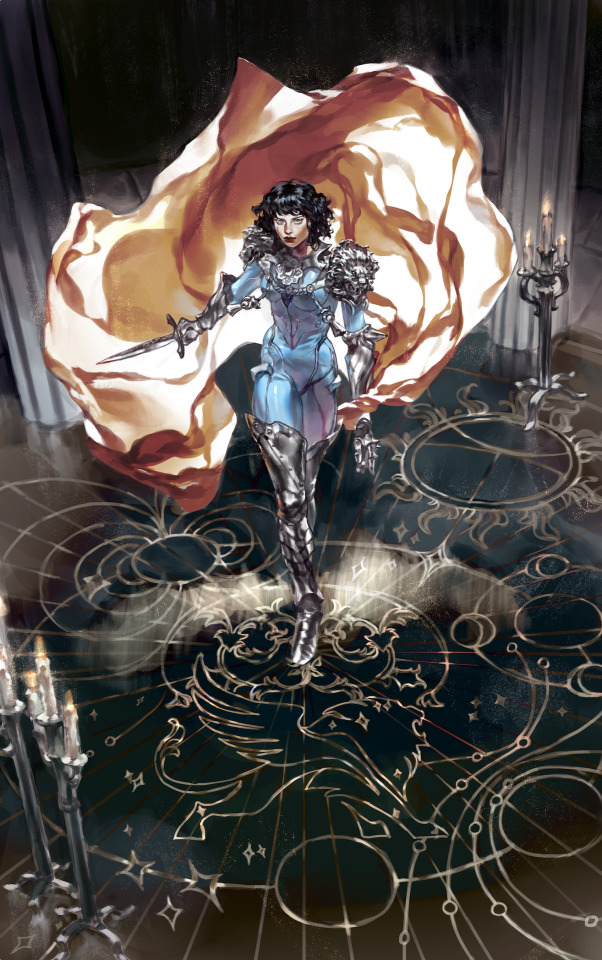
HEAVENBREAKER
Commissioned illustration for Sara Wolf's (Insta: @ authorsarawolf; Twitter: @ Sara_Wolf1) upcoming book, Heavenbreaker! Thanks so much for being an awesome client <3
If you'd like to reach out with questions about a commission, email [email protected] 🫵
#artists on tumblr#commission#illustration#digital art#scifi#constellation#fantasy#science fiction#space opera
3K notes
·
View notes
Text
The true post-cyberpunk hero is a noir forensic accountant
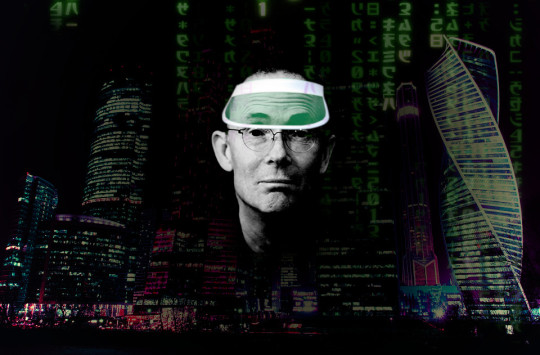
I'm touring my new, nationally bestselling novel The Bezzle! Catch me in TOMORROW (Apr 17) in CHICAGO, then Torino (Apr 21) Marin County (Apr 27), Winnipeg (May 2), Calgary (May 3), Vancouver (May 4), and beyond!

I was reared on cyberpunk fiction, I ended up spending 25 years at my EFF day-job working at the weird edge of tech and human rights, even as I wrote sf that tried to fuse my love of cyberpunk with my urgent, lifelong struggle over who computers do things for and who they do them to.
That makes me an official "post-cyberpunk" writer (TM). Don't take my word for it: I'm in the canon:
https://tachyonpublications.com/product/rewired-the-post-cyberpunk-anthology-2/
One of the editors of that "post-cyberpunk" anthology was John Kessel, who is, not coincidentally, the first writer to expose me to the power of literary criticism to change the way I felt about a novel, both as a writer and a reader:
https://locusmag.com/2012/05/cory-doctorow-a-prose-by-any-other-name/
It was Kessel's 2004 Foundation essay, "Creating the Innocent Killer: Ender's Game, Intention, and Morality," that helped me understand litcrit. Kessel expertly surfaces the subtext of Card's Ender's Game and connects it to Card's politics. In so doing, he completely reframed how I felt about a book I'd read several times and had considered a favorite:
https://johnjosephkessel.wixsite.com/kessel-website/creating-the-innocent-killer
This is a head-spinning experience for a reader, but it's even wilder to experience it as a writer. Thankfully, the majority of literary criticism about my work has been positive, but even then, discovering something that's clearly present in one of my novels, but which I didn't consciously include, is a (very pleasant!) mind-fuck.
A recent example: Blair Fix's review of my 2023 novel Red Team Blues which he calls "an anti-finance finance thriller":
https://economicsfromthetopdown.com/2023/05/13/red-team-blues-cory-doctorows-anti-finance-thriller/
Fix – a radical economist – perfectly captures the correspondence between my hero, the forensic accountant Martin Hench, and the heroes of noir detective novels. Namely, that a noir detective is a kind of unlicensed policeman, going to the places the cops can't go, asking the questions the cops can't ask, and thus solving the crimes the cops can't solve. What makes this noir is what happens next: the private dick realizes that these were places the cops didn't want to go, questions the cops didn't want to ask and crimes the cops didn't want to solve ("It's Chinatown, Jake").
Marty Hench – a forensic accountant who finds the money that has been disappeared through the cells in cleverly constructed spreadsheets – is an unlicensed tax inspector. He's finding the money the IRS can't find – only to be reminded, time and again, that this is money the IRS chooses not to find.
This is how the tax authorities work, after all. Anyone who followed the coverage of the big finance leaks knows that the most shocking revelation they contain is how stupid the ruses of the ultra-wealthy are. The IRS could prevent that tax-fraud, they just choose not to. Not for nothing, I call the Martin Hench books "Panama Papers fanfic."
I've read plenty of noir fiction and I'm a long-term finance-leaks obsessive, but until I read Fix's article, it never occurred to me that a forensic accountant was actually squarely within the noir tradition. Hench's perfect noir fit is either a happy accident or the result of a subconscious intuition that I didn't know I had until Fix put his finger on it.
The second Hench novel is The Bezzle. It's been out since February, and I'm still touring with it (Chicago tonight! Then Turin, Marin County, Winnipeg, Calgary, Vancouver, etc). It's paying off – the book's a national bestseller.
Writing in his newsletter, Henry Farrell connects Fix's observation to one of his own, about the nature of "hackers" and their role in cyberpunk (and post-cyberpunk) fiction:
https://www.programmablemutter.com/p/the-accountant-as-cyberpunk-hero
Farrell cites Bruce Schneier's 2023 book, A Hacker’s Mind: How the Powerful Bend Society’s Rules and How to Bend Them Back:
https://pluralistic.net/2023/02/06/trickster-makes-the-world/
Schneier, a security expert, broadens the category of "hacker" to include anyone who studies systems with an eye to finding and exploiting their defects. Under this definition, the more fearsome hackers are "working for a hedge fund, finding a loophole in financial regulations that lets her siphon extra profits out of the system." Hackers work in corporate offices, or as government lobbyists.
As Henry says, hacking isn't intrinsically countercultural ("Most of the hacking you might care about is done by boring seeming people in boring seeming clothes"). Hacking reinforces – rather than undermining power asymmetries ("The rich have far more resources to figure out how to gimmick the rules"). We are mostly not the hackers – we are the hacked.
For Henry, Marty Hench is a hacker (the rare hacker that works for the good guys), even though "he doesn’t wear mirrorshades or get wasted chatting to bartenders with Soviet military-surplus mechanical arms." He's a gun for hire, that most traditional of cyberpunk heroes, and while he doesn't stand against the system, he's not for it, either.
Henry's pinning down something I've been circling around for nearly 30 years: the idea that though "the street finds its own use for things," Wall Street and Madison Avenue are among the streets that might find those uses:
https://craphound.com/nonfic/street.html
Henry also connects Martin Hench to Marcus Yallow, the hero of my YA Little Brother series. I have tried to make this connection myself, opining that while Marcus is a character who is fighting to save an internet that he loves, Marty is living in the ashes of the internet he lost:
https://pluralistic.net/2023/05/07/dont-curb-your-enthusiasm/
But Henry's Marty-as-hacker notion surfaces a far more interesting connection between the two characters. Marcus is a vehicle for conveying the excitement and power of hacking to young readers, while Marty is a vessel for older readers who know the stark terror of being hacked, by the sadistic wolves who're coming for all of us:
https://www.youtube.com/watch?v=I44L1pzi4gk
Both Marcus and Marty are explainers, as am I. Some people say that exposition makes for bad narrative. Those people are wrong:
https://maryrobinettekowal.com/journal/my-favorite-bit/my-favorite-bit-cory-doctorow-talks-about-the-bezzle/
"Explaining" makes for great fiction. As Maria Farrell writes in her Crooked Timber review of The Bezzle, the secret sauce of some of the best novels is "information about how things work. Things like locks, rifles, security systems":
https://crookedtimber.org/2024/03/06/the-bezzle/
Where these things are integrated into the story's "reason and urgency," they become "specialist knowledge [that] cuts new paths to move through the world." Hacking, in other words.
This is a theme Paul Di Filippo picked up on in his review of The Bezzle for Locus:
https://locusmag.com/2024/04/paul-di-filippo-reviews-the-bezzle-by-cory-doctorow/
Heinlein was always known—and always came across in his writings—as The Man Who Knew How the World Worked. Doctorow delivers the same sense of putting yourself in the hands of a fellow who has peered behind Oz’s curtain. When he fills you in lucidly about some arcane bit of economics or computer tech or social media scam, you feel, first, that you understand it completely and, second, that you can trust Doctorow’s analysis and insights.
Knowledge is power, and so expository fiction that delivers news you can use is novel that makes you more powerful – powerful enough to resist the hackers who want to hack you.
Henry and I were both friends of Aaron Swartz, and the Little Brother books are closely connected to Aaron, who helped me with Homeland, the second volume, and wrote a great afterword for it (Schneier wrote an afterword for the first book). That book – and Aaron's afterword – has radicalized a gratifying number of principled technologists. I know, because I meet them when I tour, and because they send me emails. I like to think that these hackers are part of Aaron's legacy.
Henry argues that the Hench books are "purpose-designed to inspire a thousand Max Schrems – people who are probably past their teenage years, have some grounding in the relevant professions, and really want to see things change."
(Schrems is the Austrian privacy activist who, as a law student, set in motion the events that led to the passage of the EU's General Data Privacy Regulation:)
https://pluralistic.net/2020/05/15/out-here-everything-hurts/#noyb
Henry points out that William Gibson's Neuromancer doesn't mention the word "internet" – rather, Gibson coined the term cyberspace, which, as Henry says, is "more ‘capitalism’ than ‘computerized information'… If you really want to penetrate the system, you need to really grasp what money is and what it does."
Maria also wrote one of my all-time favorite reviews of Red Team Blues, also for Crooked Timber:
https://crookedtimber.org/2023/05/11/when-crypto-meant-cryptography/
In it, she compares Hench to Dickens' Bleak House, but for the modern tech world:
You put the book down feeling it’s not just a fascinating, enjoyable novel, but a document of how Silicon Valley’s very own 1% live and a teeming, energy-emitting snapshot of a critical moment on Earth.
All my life, I've written to find out what's going on in my own head. It's a remarkably effective technique. But it's only recently that I've come to appreciate that reading what other people write about my writing can reveal things that I can't see.

If you'd like an essay-formatted version of this post to read or share, here's a link to it on pluralistic.net, my surveillance-free, ad-free, tracker-free blog:
https://pluralistic.net/2024/04/17/panama-papers-fanfic/#the-1337est-h4x0rs

Image:
Frédéric Poirot (modified)
https://www.flickr.com/photos/fredarmitage/1057613629 CC BY-SA 2.0
https://creativecommons.org/licenses/by-sa/2.0/
#pluralistic#science fiction#cyberpunk#literary criticism#maria farrell#henry farrell#noir#martin hench#marty hench#red team blues#the bezzle#forensic accountants#hackers#bruce schneier#post-cyberpunk#blair fix
161 notes
·
View notes
Text

Isaac Asimov, illustrated by Rowena Morrill for the cover of Opus 200, 1980.
(Heritage Auctions)
152 notes
·
View notes
Text

Starfire
Art by Suspiria Vilchez
161 notes
·
View notes
Note
I'm writing a sci-fi story about a space freight hauler with a heavy focus on the economy.
Any tips for writing a complex fictional economy and all of it's intricacies and inner-workings?
Constructing a Fictional Economy
The economy is all about: How is the limited financial/natural/human resources distributed between various parties?
So, the most important question you should be able to answer are:
Who are the "have"s and "have-not"s?
What's "expensive" and what's "commonplace"?
What are the rules(laws, taxes, trade) of this game?
Building Blocks of the Economic System
Type of economic system. Even if your fictional economy is made up, it will need to be based on the existing systems: capitalism, socialism, mixed economies, feudalism, barter, etc.
Currency and monetary systems: the currency can be in various forms like gols, silver, digital, fiat, other commodity, etc. Estalish a central bank (or equivalent) responsible for monetary policy
Exchange rates
Inflation
Domestic and International trade: Trade policies and treaties. Transportation, communication infrastructure
Labour and employment: labor force trends, employment opportunities, workers rights. Consider the role of education, training and skill development in the labour market
The government's role: Fiscal policy(tax rate?), market regulation, social welfare, pension plans, etc.
Impact of Technology: Examine the role of tech in productivity, automation and job displacement. How does the digital economy and e-commerce shape the world?
Economic history: what are some historical events (like The Great Depresion and the 2008 Housing Crisis) that left lasting impacts on the psychologial workings of your economy?
For a comprehensive economic system, you'll need to consider ideally all of the above. However, depending on the characteristics of your country, you will need to concentrate on some more than others. i.e. a country heavily dependent on exports will care a lot more about the exchange rate and how to keep it stable.
For Fantasy Economies:
Social status: The haves and have-nots in fantasy world will be much more clear-cut, often with little room for movement up and down the socioeconoic ladder.
Scaricity. What is a resource that is hard to come by?
Geographical Characteristics: The setting will play a huge role in deciding what your country has and doesn't. Mountains and seas will determine time and cost of trade. Climatic conditions will determine shelf life of food items.
Impact of Magic: Magic can determine the cost of obtaining certain commodities. How does teleportation magic impact trade?
For Sci-Fi Economies Related to Space Exploration
Thankfully, space exploitation is slowly becoming a reality, we can now identify the factors we'll need to consider:
Economics of space waste: How large is the space waste problem? Is it recycled or resold? Any regulations about disposing of space wste?
New Energy: Is there any new clean energy? Is energy scarce?
Investors: Who/which country are the giants of space travel?
Ownership: Who "owns" space? How do you draw the borders between territories in space?
New class of workers: How are people working in space treated? Skilled or unskilled?
Relationship between space and Earth: Are resources mined in space and brought back to Earth, or is there a plan to live in space permanently?
What are some new professional niches?
What's the military implication of space exploitation? What new weapons, networks and spying techniques?
Also, consider:
Impact of space travel on food security, gender equality, racial equality
Impact of space travel on education.
Impact of space travel on the entertainment industry. Perhaps shooting monters in space isn't just a virtual thing anymore?
What are some indsutries that decline due to space travel?
I suggest reading up the Economic Impact Report from NASA, and futuristic reports from business consultants like McKinsey.
If space exploitation is a relatiely new technology that not everyone has access to, the workings of the economy will be skewed to benefit large investors and tech giants. As more regulations appear and prices go down, it will be further be integrated into the various industries, eventually becoming a new style of living.
#writing practice#writing#writers and poets#creative writing#writers on tumblr#creative writers#helping writers#poets and writers#writeblr#resources for writers#let's write#writing process#writing prompt#writing community#writing inspiration#writing tips#writing advice#on writing#writer#writerscommunity#writer on tumblr#writer stuff#writer things#writer problems#writer community#writblr#science fiction#fiction#novel#worldbuilding
155 notes
·
View notes
Text
There are massive warships. Things that are the size of stations but that can move more swiftly through hyperspace and real space than any other object created by humans or gods. They're not like the warships you imagine, they're like entire divisions of the military, some of them have the populations of small planets, the largest of them have populations higher then earth had before industry came to it.
It only takes one of these ships to comquor a system. Though they often have smaller ships swarming them, like the microorganisms on your skin. And when they fight eachother, holes are torn in hyperspace, and heavily bodies become asteroid belts. Even the weapons that can destroy planets can't take ships like this down in one hit.
Inside the ships are entire societies, of humans, cyborgs, robots, and strange organisms generated by human science. Many of them soldiers who exist to serve as the ships troops, especially since a boarding action is the fastest way to take them down, but many are there for other reasons. You need an entire society to support a ship like that and all the troops it can carry, from workers who maintain the ship, to traders who bring new recourses on, to artists and teachers and lawyers and all the other things that end up as needed when there's that many people.
Some of these ships are so large and so deep that there are people on there who've never seen the world outside their machines of war. And some isolated parts of those ships, who've been within the depths of the endless machinery for so long, that they've lost contact with the more outwards facing parts of the ship society. Tribes and towns within the dark mechanical labyrinth who don't know they're on a warship, who don't even know planets exist.
And they say, that as the loyalty of a ship fades from the empire that built it, that the ship may come to be controlled by many nations, vying for control of the ship's flight. They say that within the depths of some war ships, wars are fought.
#196#my thougts#worldbuilding#writing#my worldbuilding#my writing#original fiction#flash fiction#short fiction#short story#scifi#scifi writing#scifi worldbuilding#science fantasy#science fiction#sci fi#science fiction writing#science fiction worldbuilding#space#deep space exploration#far future#spaceship#spacecraft#space exploration#outer space
109 notes
·
View notes
Text
Inspired by @hotvintagepoll, here's another bracket featuring some hot vintage actors- but instead of being about actors from a particular medium, this one's about actors associated with a particular genre:
The Hottest Vintage Sci Fi/Fantasy Actors Bracket!
I'll be starting with a men's bracket.
Submissions for the men's bracket are open! You can submit in the google form below. Submissions will now be open until April 27th. Rules for who is eligible are under this form.
What makes an actor eligible for this tournament?
In order to keep this tournament on-theme and not have it turn into a free-for-all vintage actors tournament, all actors submitted should have some kind of strong connection to Sci-Fi and/or Fantasy media. This might mean that they're an actor who has appeared frequently in various Sci Fi/Fantasy works, or that their most well-known role is from something that's Sci-Fi/Fantasy. Actors who aren't necessarily exclusively or primarily thought of as Sci-Fi/Fantasy actors are allowed, provided that they have at least one Sci-Fi/Fantasy work that is considered an iconic role for them. You are free to submit actors you aren't sure count! I'd rather have more submissions than less. Just keep in mind that its possible some people may be cut if it doesn't feel like they really fit the tournament.
(Also, as a side note: horror movies with some kind of fantastical/sci fi element also count for this tournament!)
Other rules for submissions & propaganda:
You can submit actors who appeared in work from as early as 1900 to as late as 2000 (so pretty much it has to be 20th century). That way we can cover a range of classic sci fi/fantasy, from some of the earliest SF/Fantasy films to some of the cult classic works of the 80s and 90s.
You can submit actors and propaganda from both movies and television! It just must be from or related to SF/Fantasy material.
Please only submit propaganda where the actor is at least 18! This also means if someone's only notable and eligible SF/Fantasy role(s) is from before they were 18, they are not eligible for this tournament (even if they continued to act generally as an adult, or were in more notable sf/fantasy roles past the 2000 date cutoff)
Live action roles only; voice roles will not be counted for propaganda/eligibility
Actors who aren't considered primarily Sci-Fi/Fantasy actors must have at least one iconic SF/Fantasy role to qualify for the tournament; however, if they've had other lesser known SF/Fantasy roles as well, you are more than welcome to send in propaganda related to these roles, too!
I might put up an FAQ as well if I get a lot of similar questions/for things that need clarifying. In the mean time: submission deadline is April 27th- so send in your favorite hot sci-fi/fantasy men!
#polls#tournaments#vintage actors#vintage science fiction#vintage fantasy#fantasy#science fiction#sci fi#vintage sf/fantasy actors poll
119 notes
·
View notes
Text
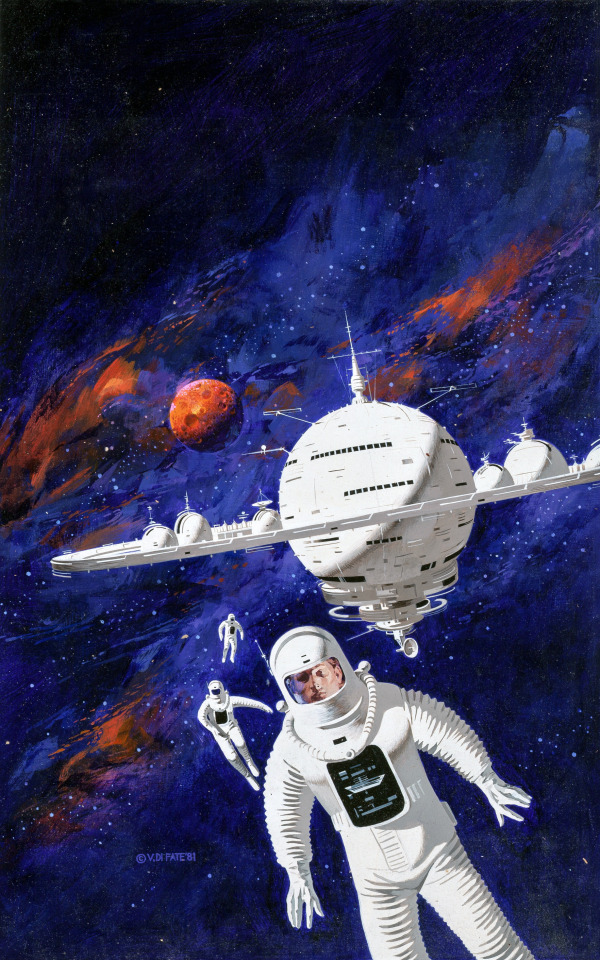
Islands in the Sky, paperback cover by Vincent Di Fate, 1981
#islands in the sky#vincent di fate#1981#1980s#vintage#astronaut#scifi#scifi art#science fiction#science fiction art#art#illustration#painting
135 notes
·
View notes
Text

Consort Fanzine | Dorothy Laoang, 1986
#spirk#star trek#spock#fan art#star trek tos#star trek the original series#captain kirk#vintage#the kiss#edvard munch#hurt/comfort#the original series#fandom#fanzines#1980s#drawing#sketch#k/s#the premise#sci fi#science fiction#queer history#art
145 notes
·
View notes
Text


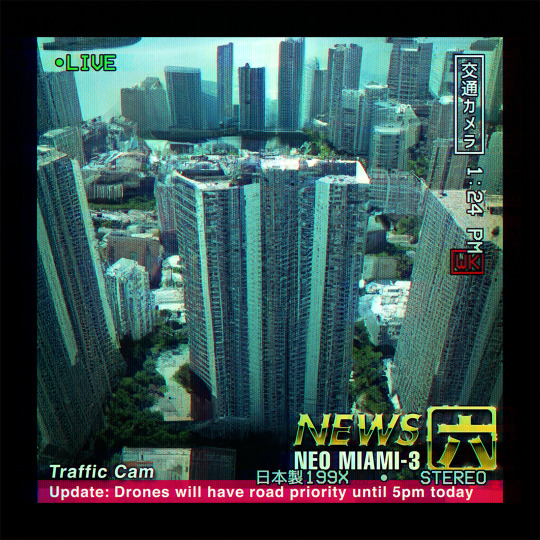







Neo Miami-3 News
#neotokyo#vaporwave#openai#vhs#cityscape#dalle2#ai art#city#ai generated photo#anime inspired#digital art#japan#inspired#cyberpunk#retro#80s#neo miami-3#scifi#aesthetic#science fiction
99 notes
·
View notes
Text
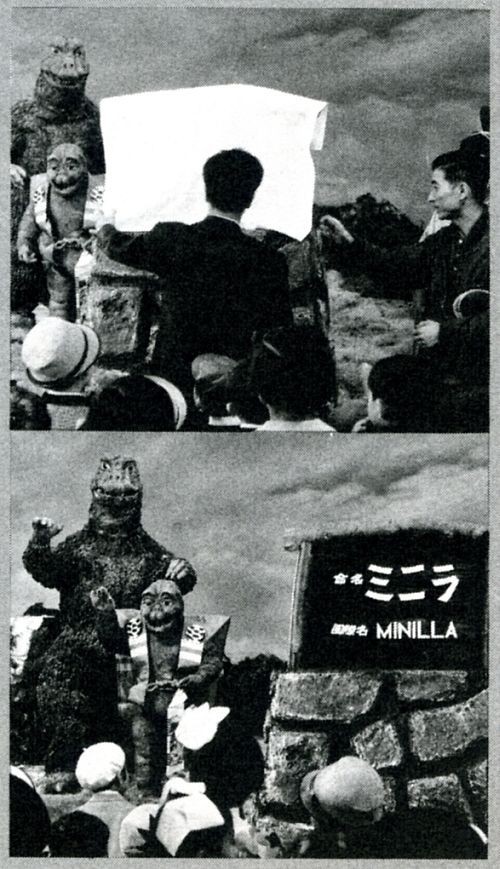
Minilla's name is unveiled at his official naming ceremony, 1967
#minilla#godzilla#son of godzilla#monster#scifi#monsters#science fiction#daikaiju#kaiju#toho#minya#minira
65 notes
·
View notes
Text
#podcast#cosmere#dandy shoe care#yandere simulator#Nonsummerjack#raine whispers#lick my hole#taylor hill#science fiction#selina kyle#kinktober#the magicians#harrison ford
127 notes
·
View notes
Text

💿 A sketch page of character notes for @m_rpheus's robot girl OC CARMA! 📀
69 notes
·
View notes
Photo
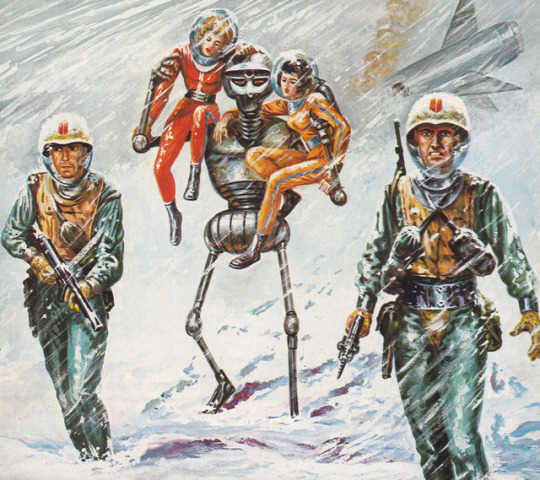
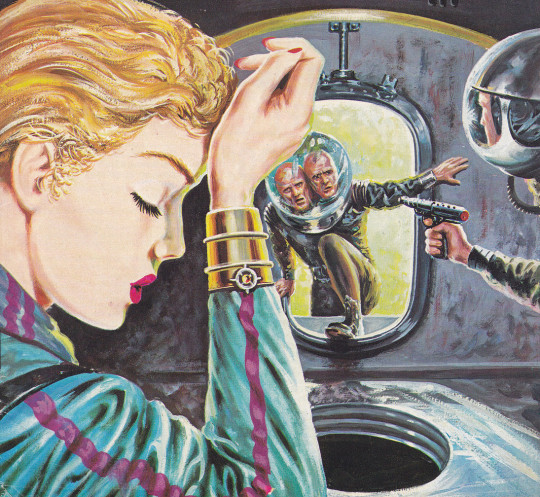
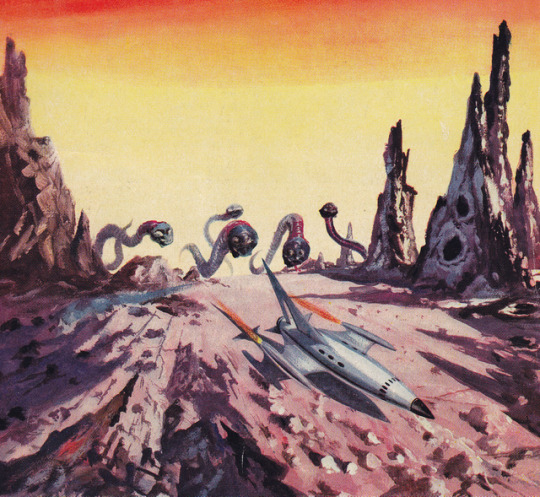
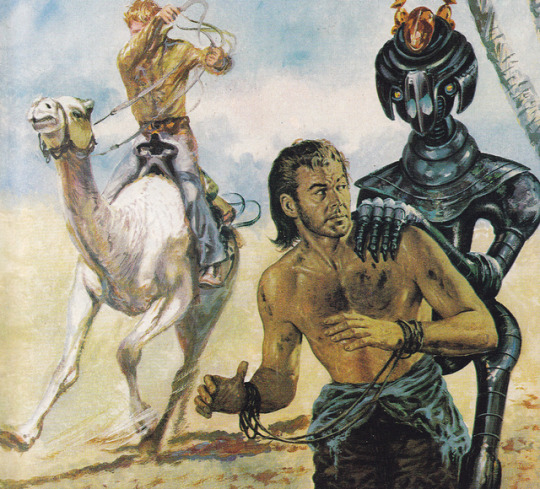

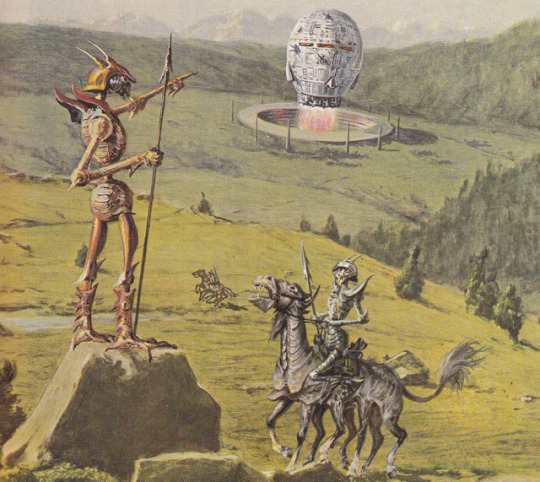
The art of Johnny Bruck (1921-1995)
149 notes
·
View notes
Text
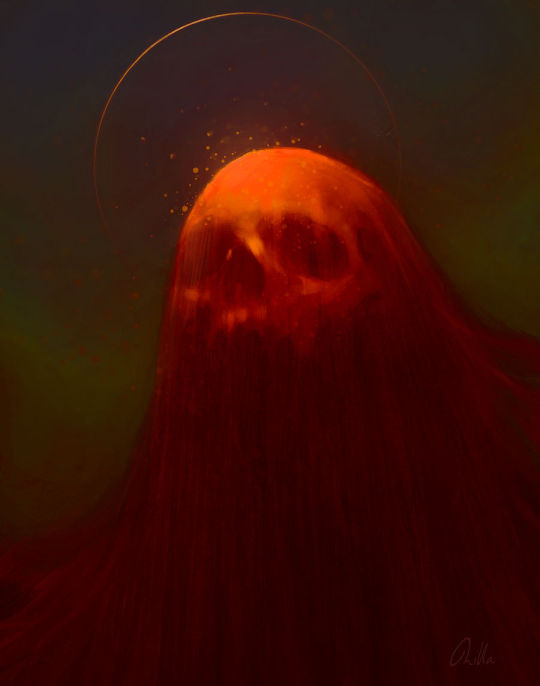
Cosmic Horror by MyEpicRilla
35 notes
·
View notes
